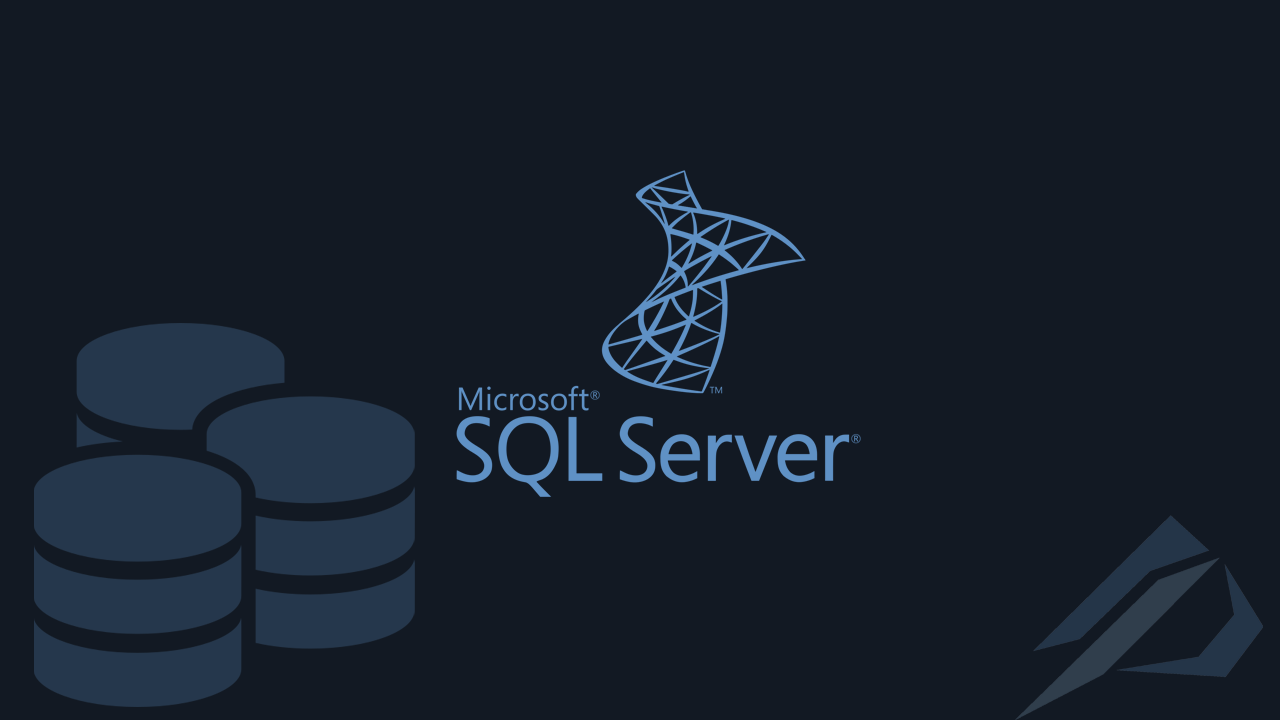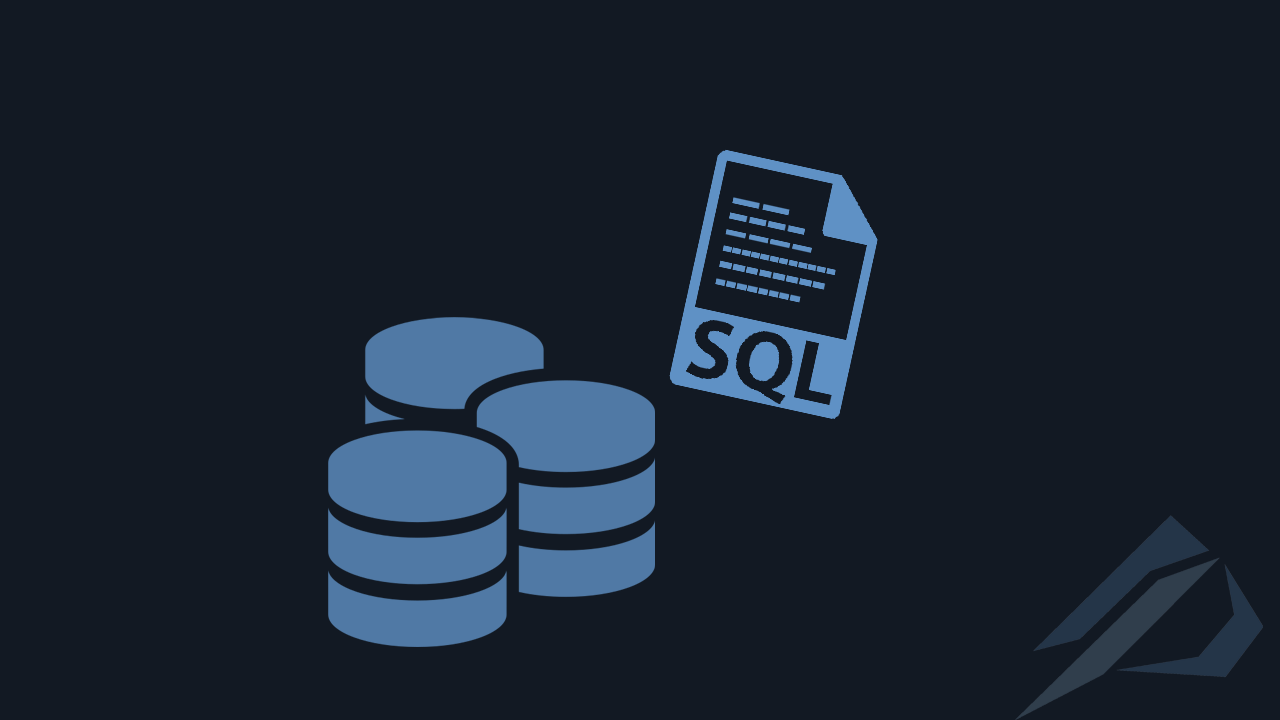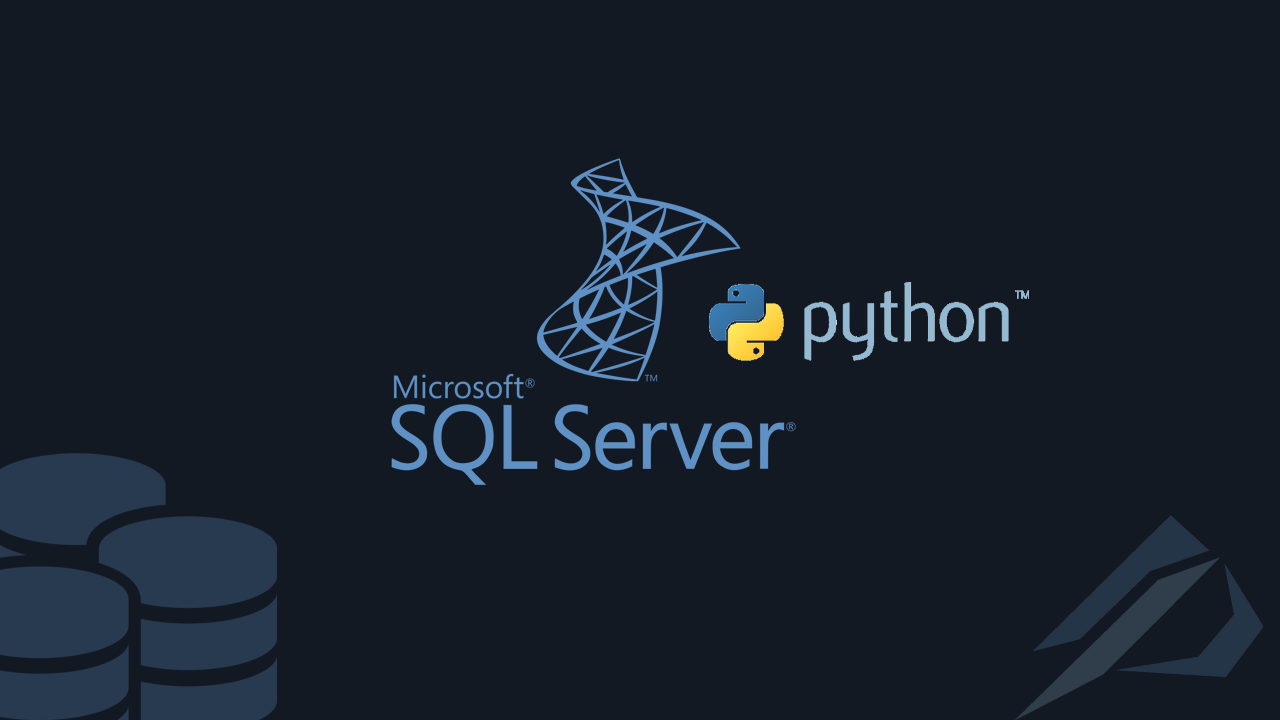In an earlier article we saw how we create an Extended Event to see queries with a long duration. In this article we will create an Extended Event that records blockings. All we need to do is create it… read more
What are set operators (Union) and how they differ from Joins in SQL
In this article we will analyze the use of set operators, the types that exist and the differences between them and SQL Joins. In the world of SQL (Structured Query Language) many times we will want to combine… read more
What is Always Encrypted and how it is applied to protect sensitive data
In the era of GDPR let's talk about another SQL Server feature to protect sensitive data. It's none other than Always Encrypted! What is Always Encrypted Its purpose is that the data is always encrypted by… read more
How do we collect long-running queries via Extended Event and how do we read its data
Many times we will need to find how many and which SQL queries were executed for a long time in a period of time in SQL Server. The easiest solution with the least performance impact is to create an Extended Event. The… read more
How to write advanced SQL queries
In a previous article we analyzed what SQL (Structured Query Language) is and how it is used with basic examples. In this article we will see its more advanced functions. The code is written with the Transact-SQL extension… read more
What are SQL Joins and how tables are related to each other
Relational databases rely on relationships between their entities (tables and views). However, in order to be able to call associated records from two or more tables / views above, we must somehow declare with which field... read more
What is SQL and what can it do?
We have seen what databases are but in order to use them we must somehow be able to export or import data from them. How is this possible? With Structured Query Language or SQL. It is her main… read more






